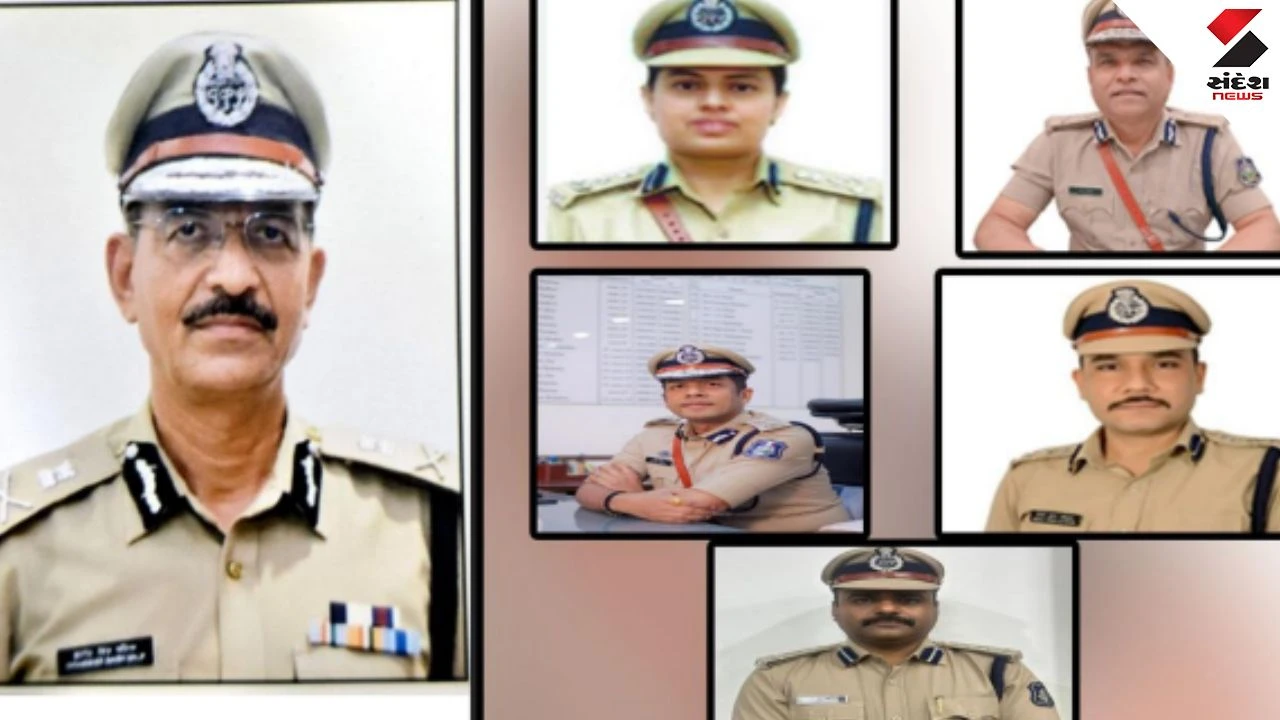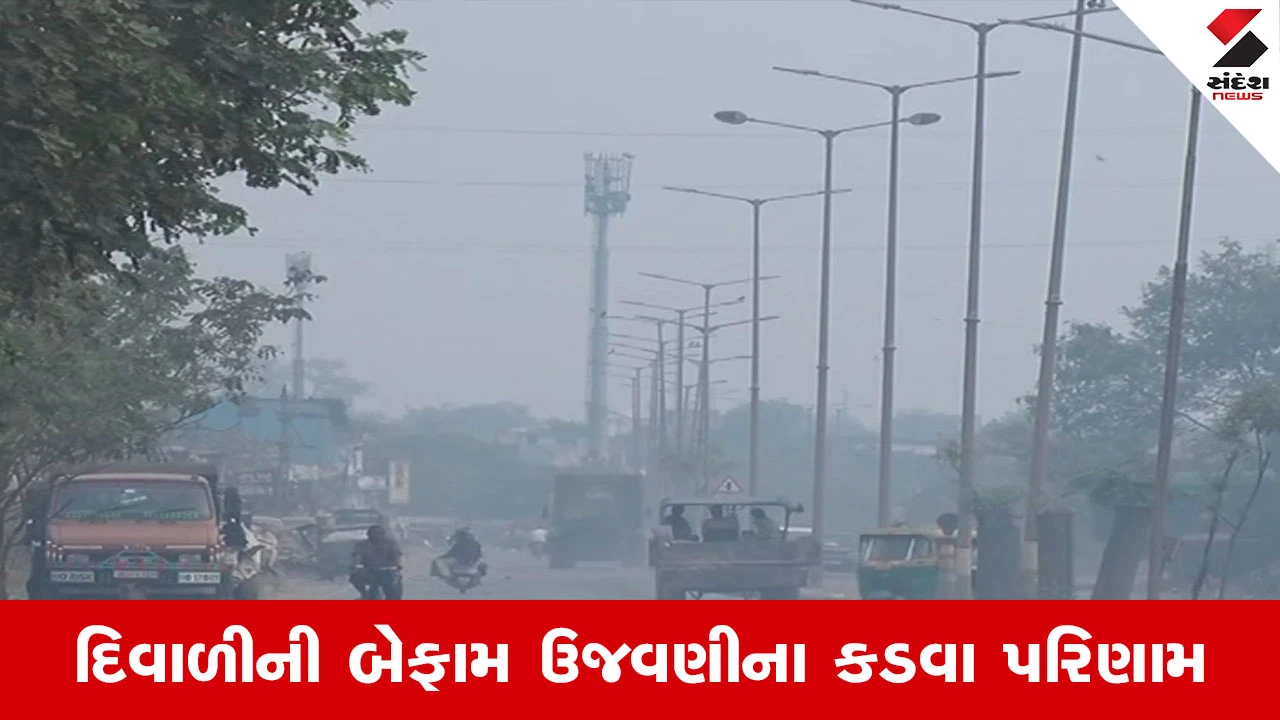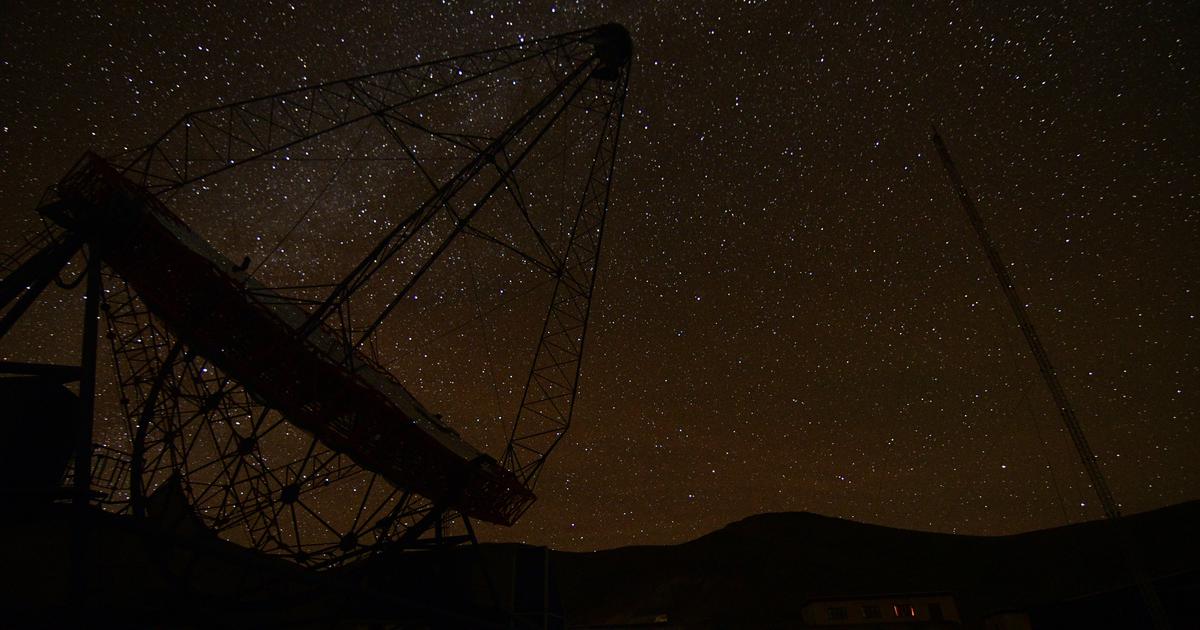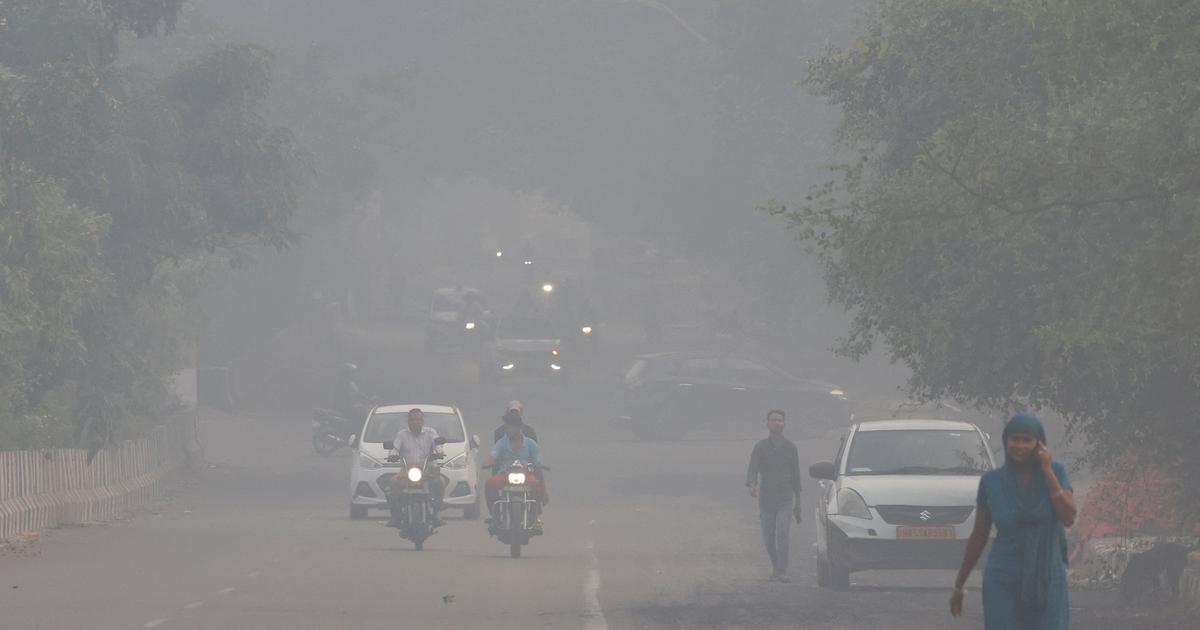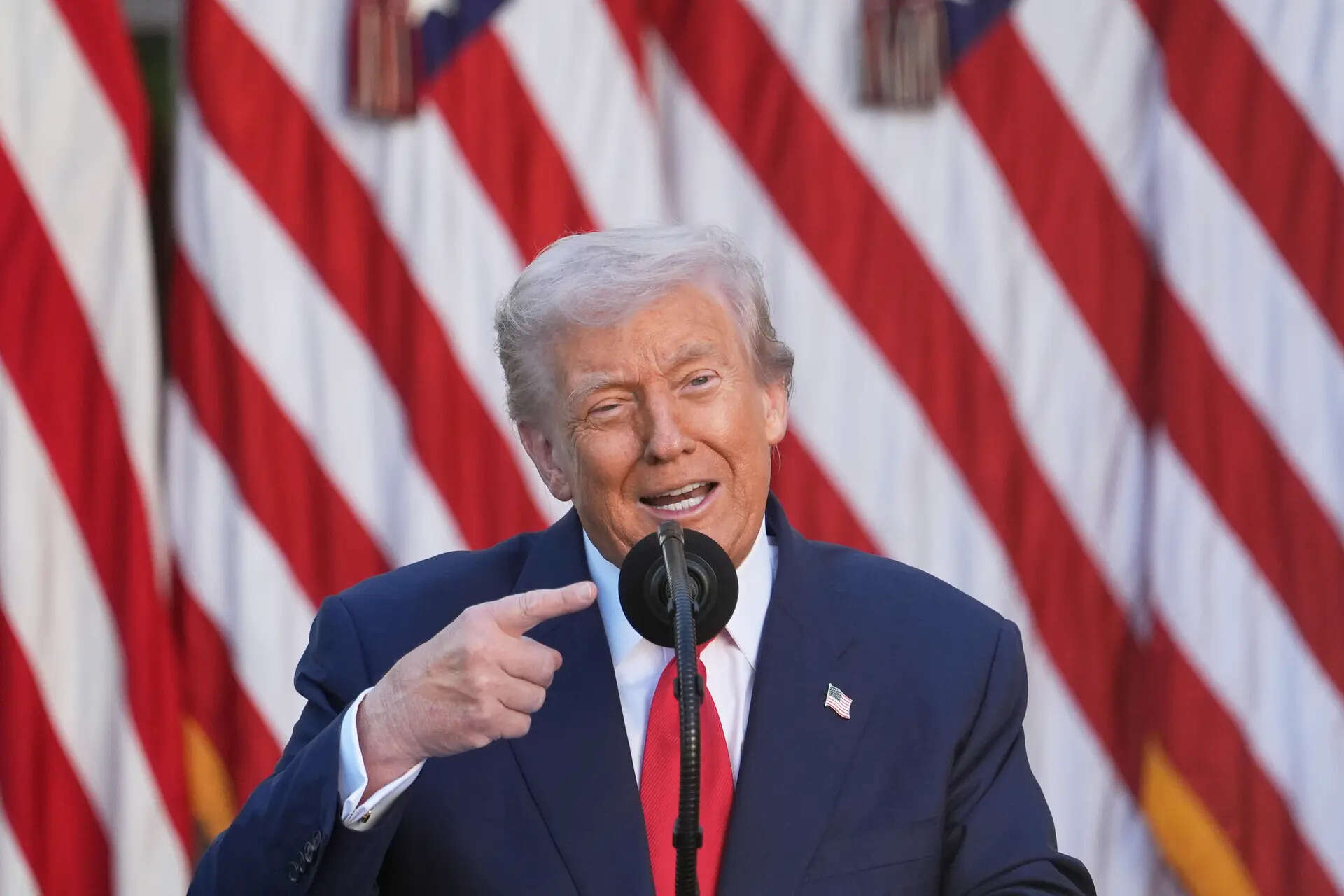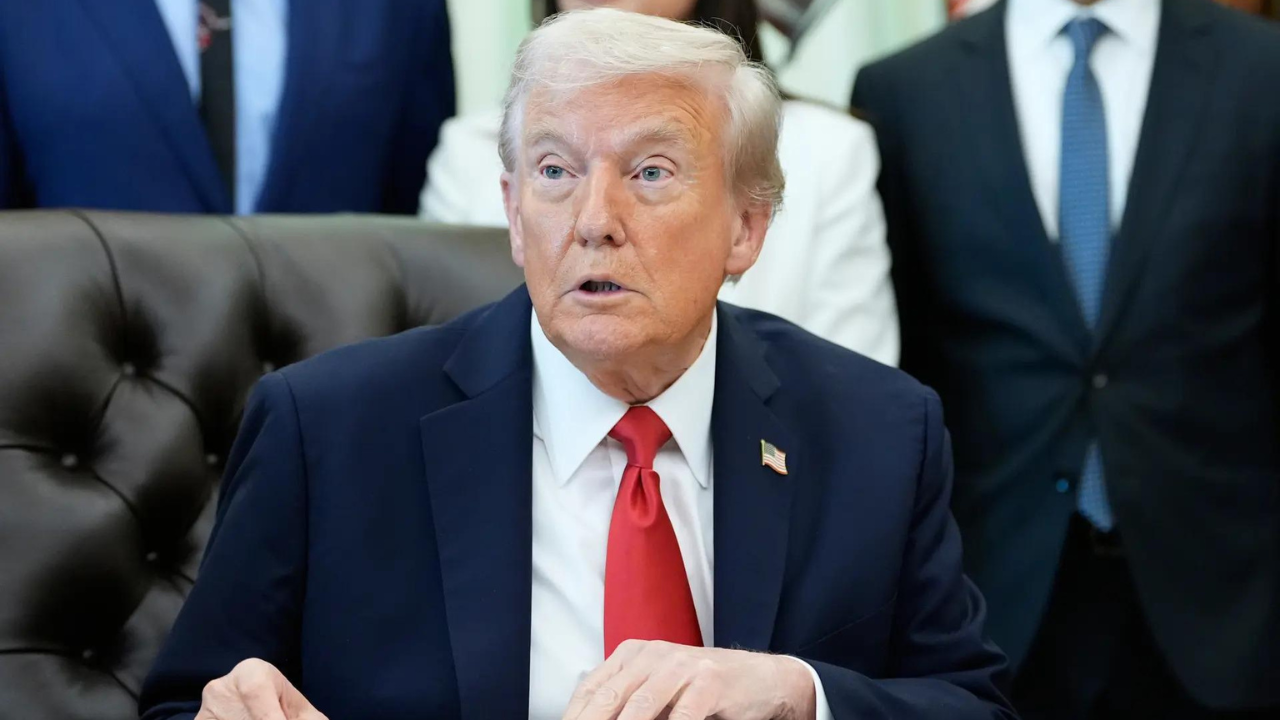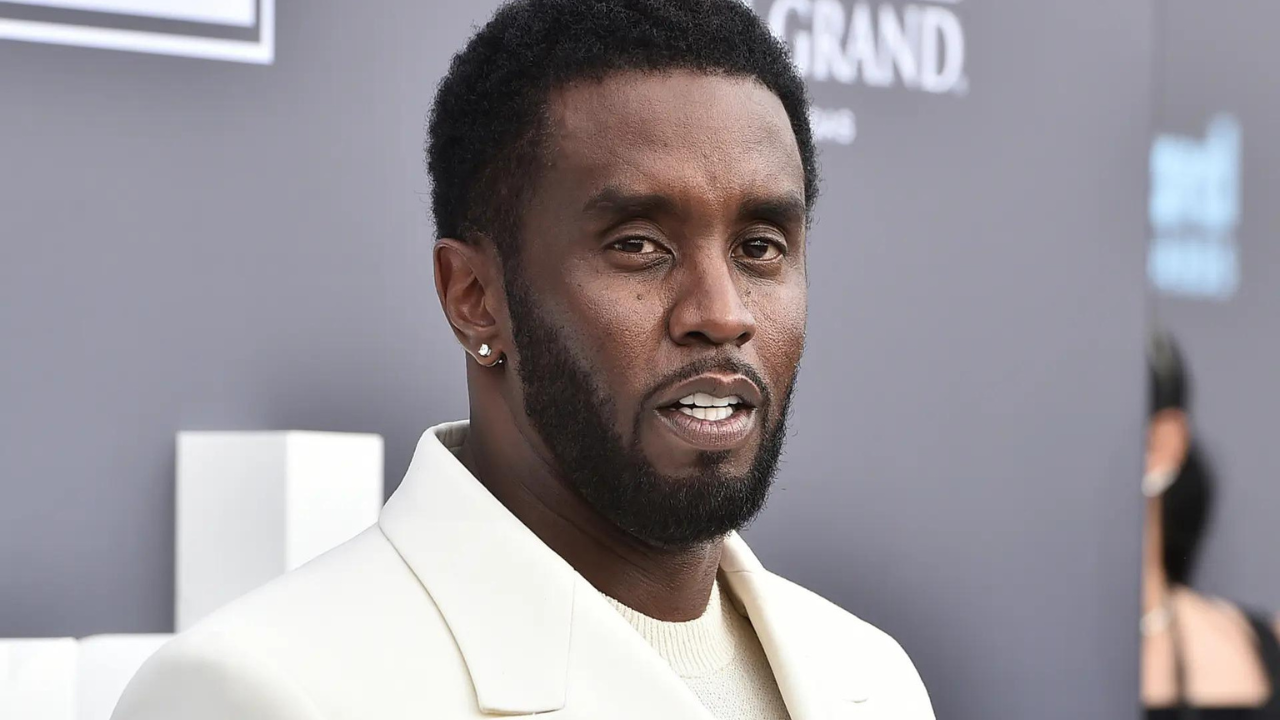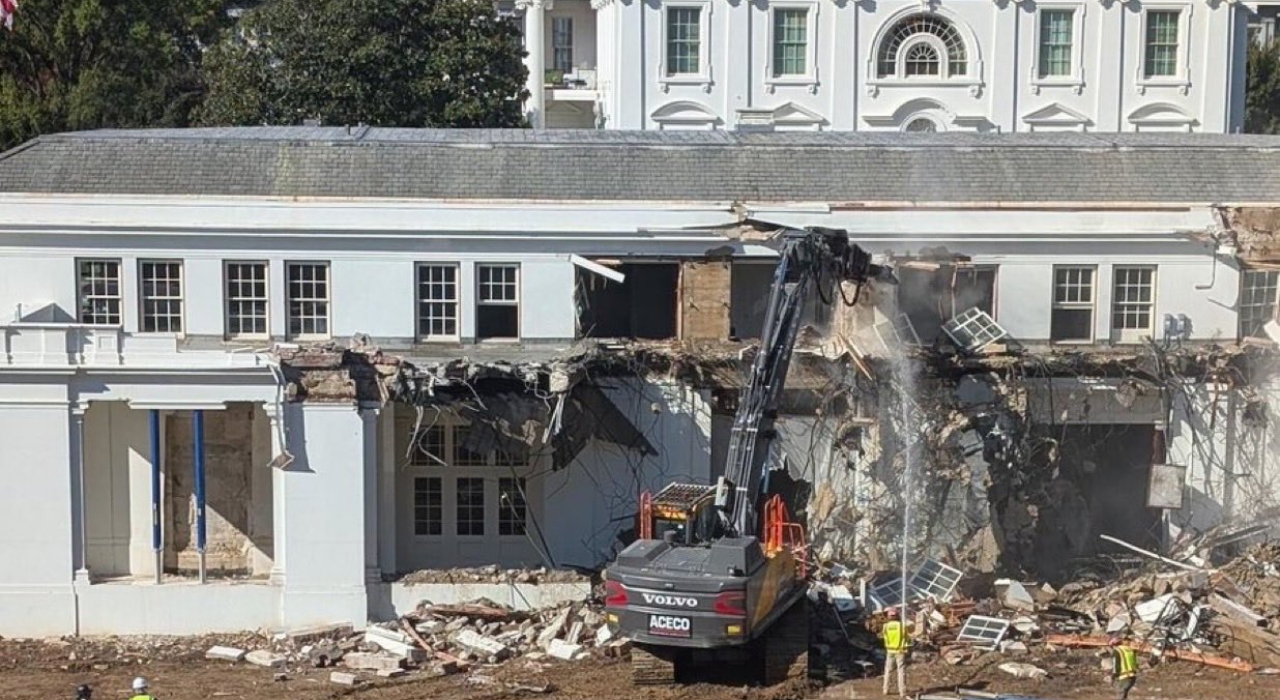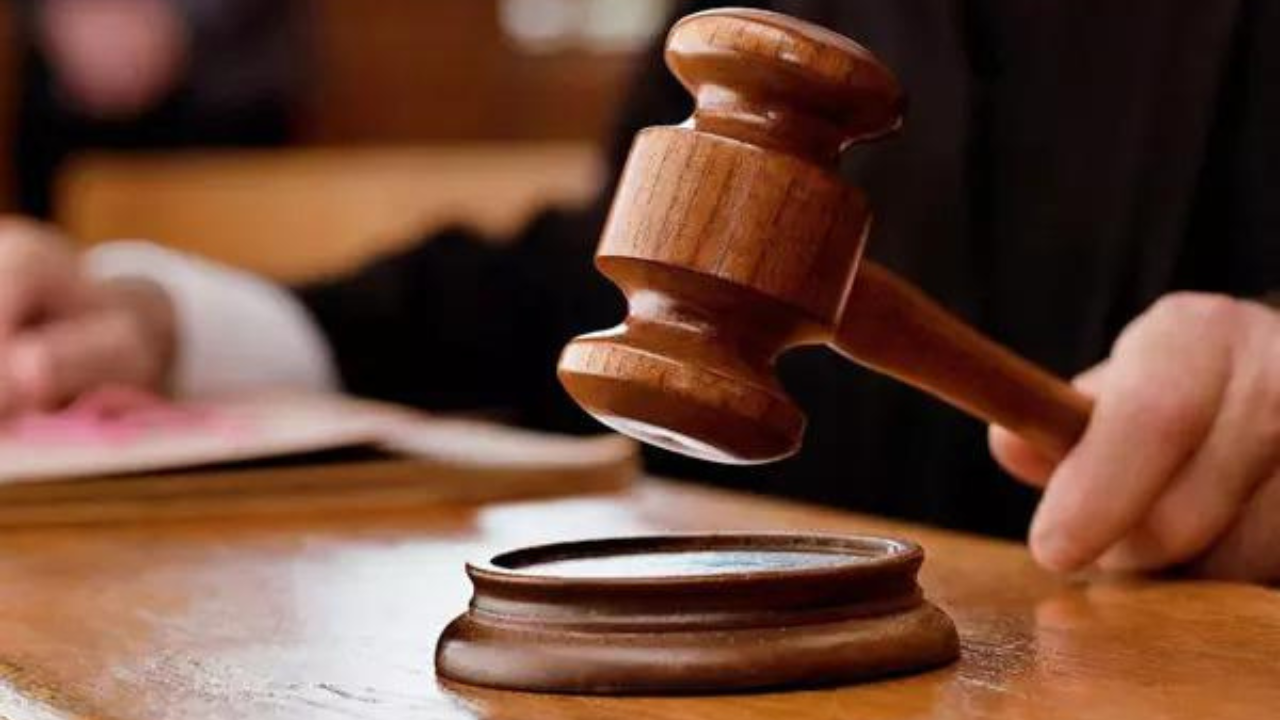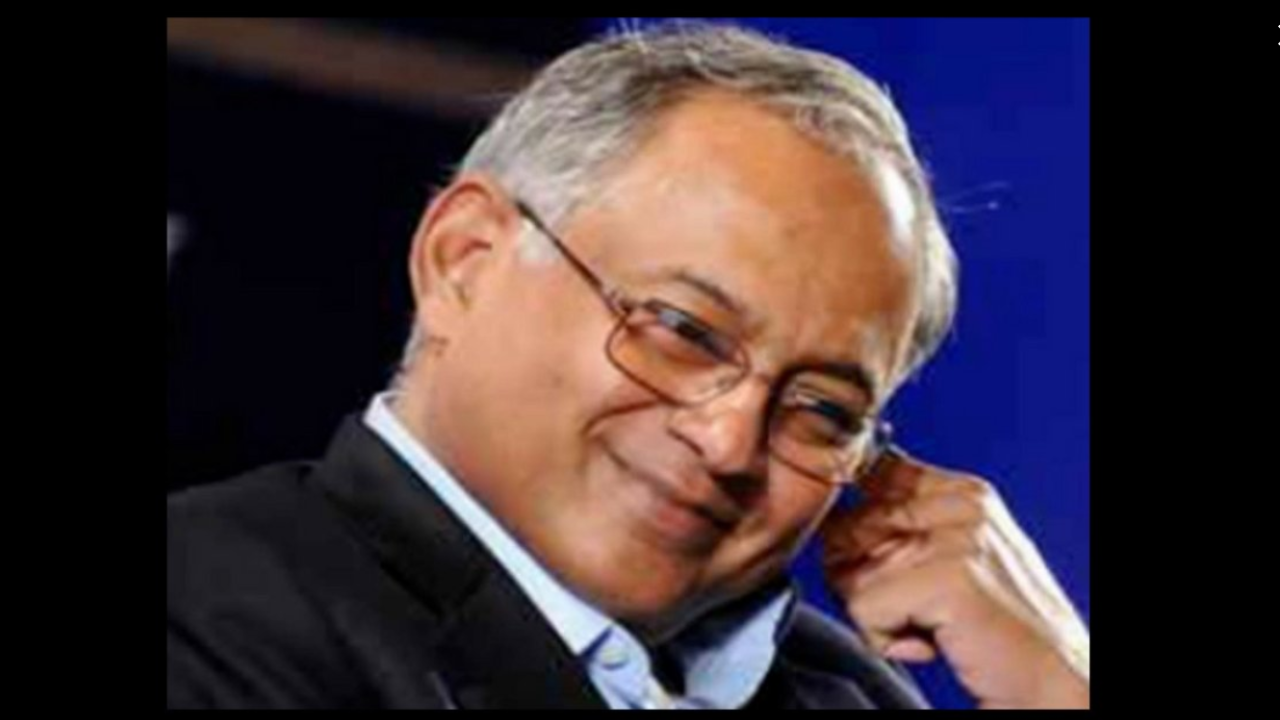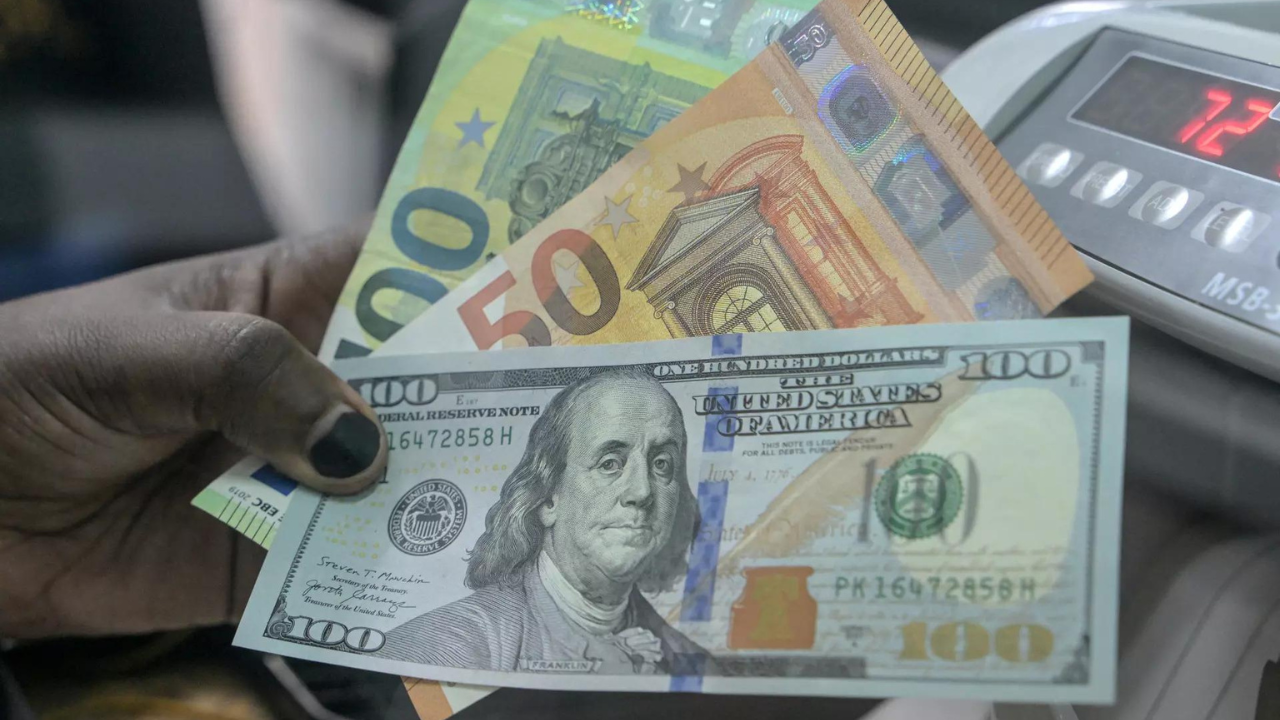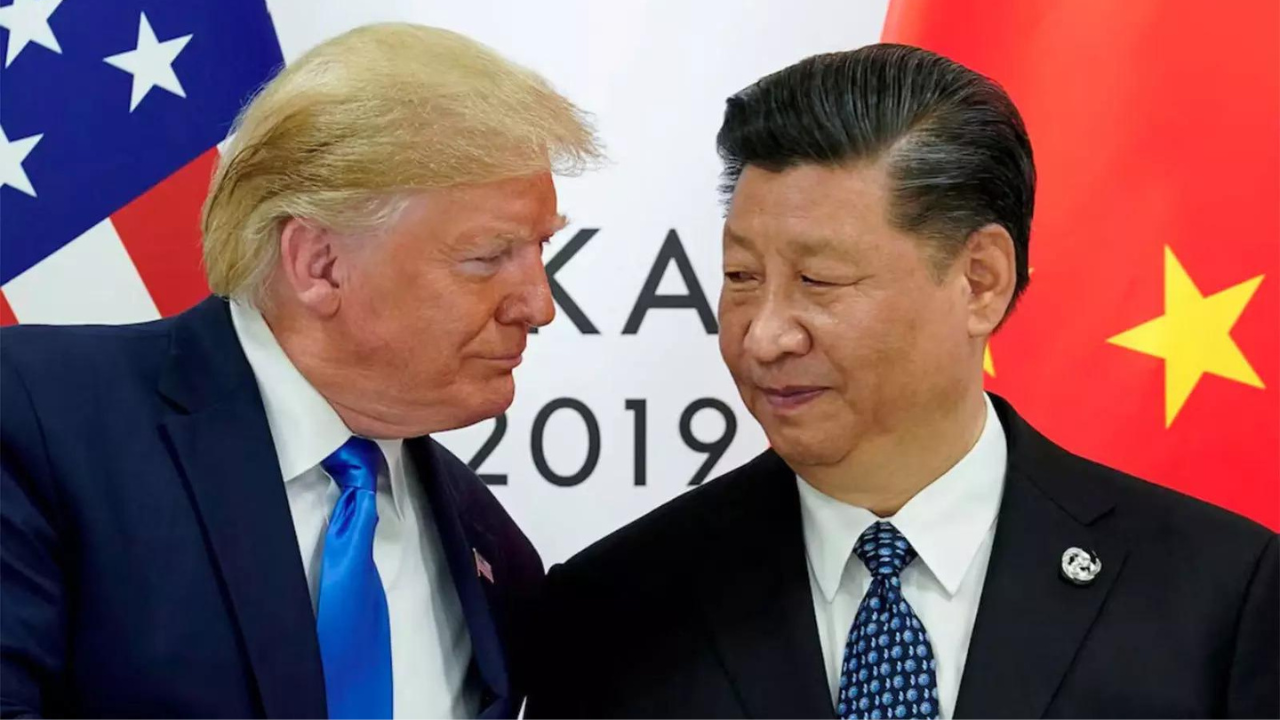From the border states, mechanisms of exclusion could now spread across India
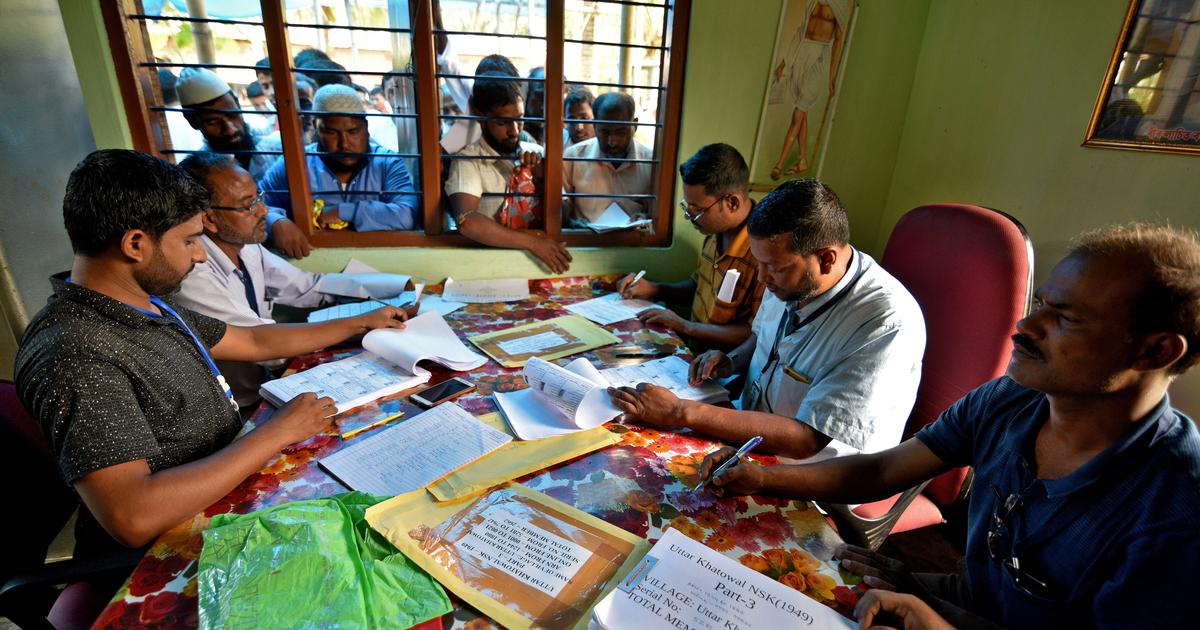
Join our WhatsApp Community to receive travel deals, free stays, and special offers!
- Join Now -
Join our WhatsApp Community to receive travel deals, free stays, and special offers!
- Join Now -

Speaking from the Red Fort on August 15, Prime Minister Narendra Modi warned that “demographic change” in India’s border regions poses a crisis for national security and threatens the country’s unity and progress. He claimed that infiltrators are altering India’s demography through a “well-thought-out conspiracy” and announced a high-level mission to tackle it.
Coinciding with the Special Intensive Revision of the electoral rolls in Bihar and the detentions in several states of Bengali-speaking Muslims claimed to be “illegal Bangladeshis”, Modi’s announcement demonstrates how the rhetoric about allegedly unauthorised immigration is playing out across the country.
Debates about identity, belonging and citizenship have long been fiercely contested in border states, especially Assam. Now, the mechanisms of exclusion, once confined to borders, have reached the mainland, influencing governance and shaping society.
The practices developed by state institutions and authorities in Assam aimed at identifying and expelling individuals labelled as infiltrators are being reflected in the mechanisms used for the Bihar voter roll revision and to detain Bengali Muslim workers.
A key part of the process adopted in Assam to verify belonging has been scrutinising the documents of those suspected of being outsiders – even though the Indian government has emphasised that no single document definitively proves citizenship.
In Bihar and with the...
Read more
What's Your Reaction?
 Like
0
Like
0
 Dislike
0
Dislike
0
 Love
0
Love
0
 Funny
0
Funny
0
 Angry
0
Angry
0
 Sad
0
Sad
0
 Wow
0
Wow
0
